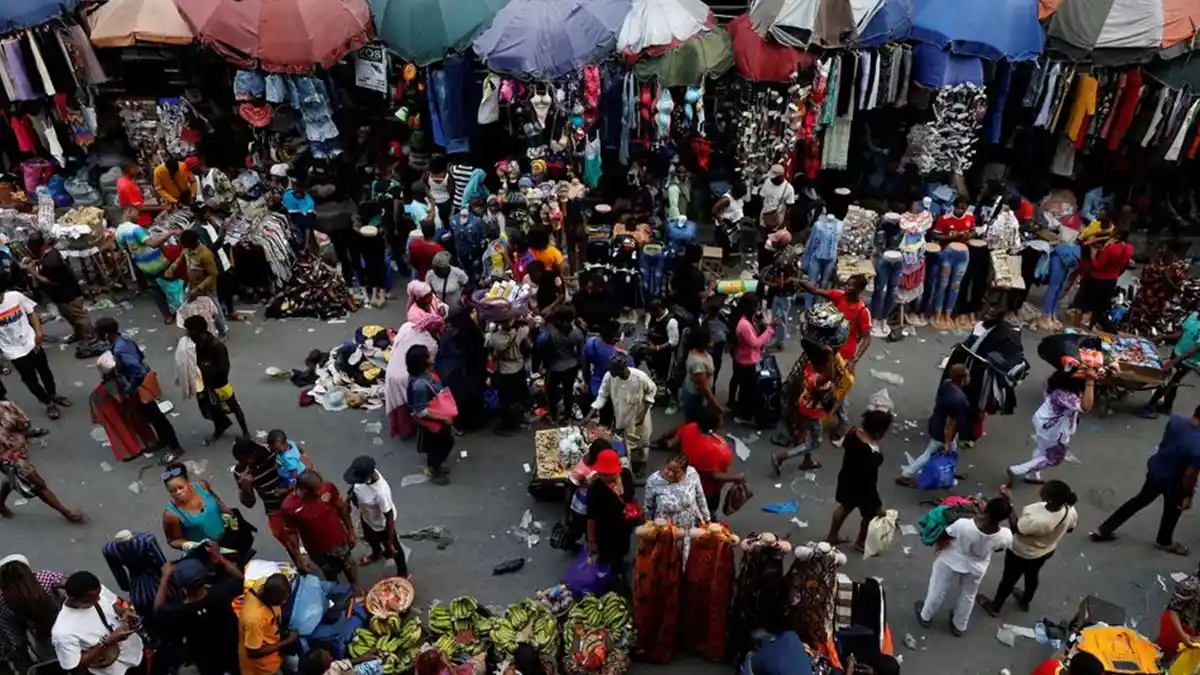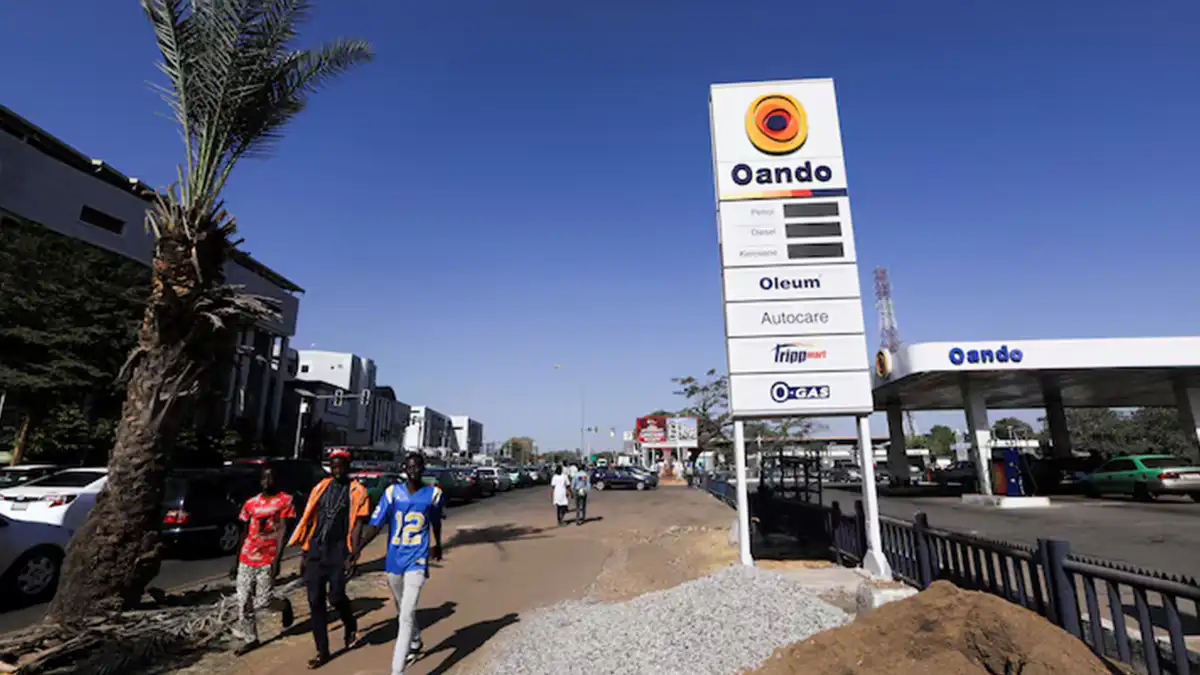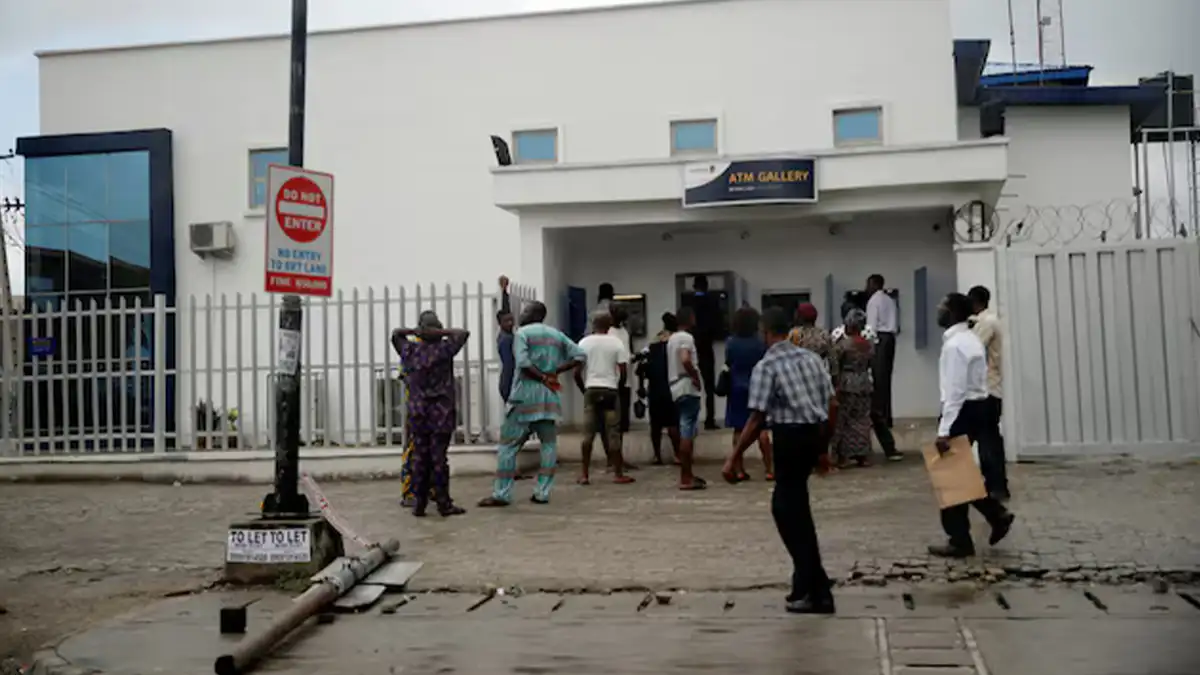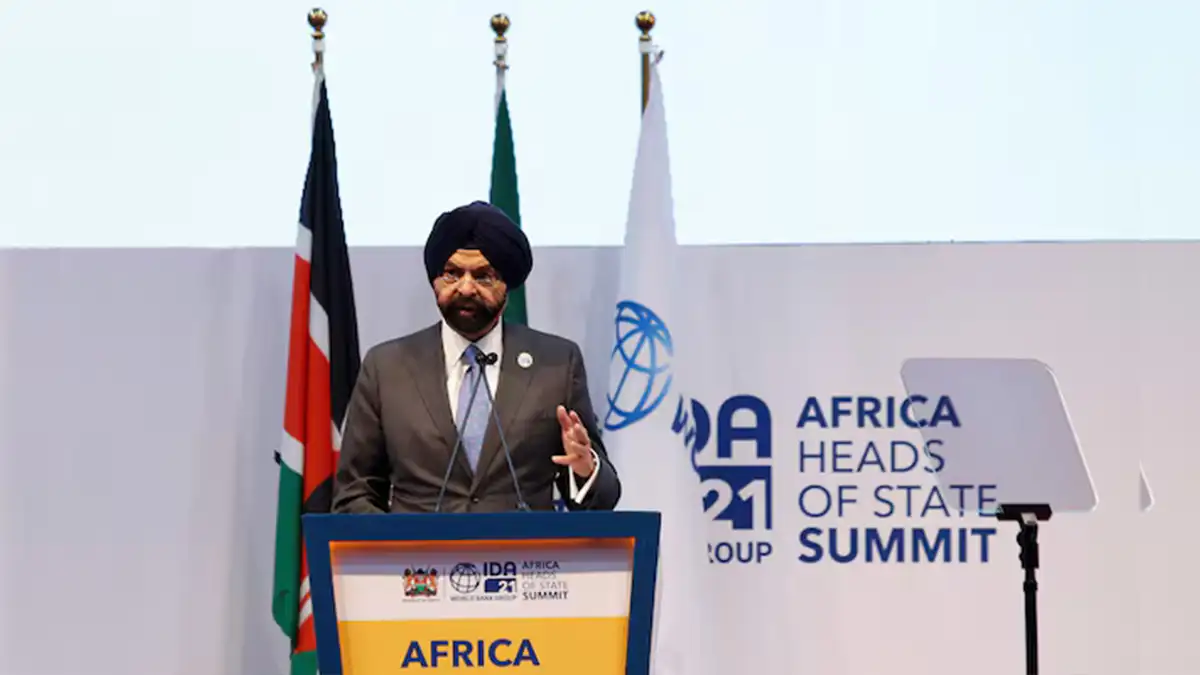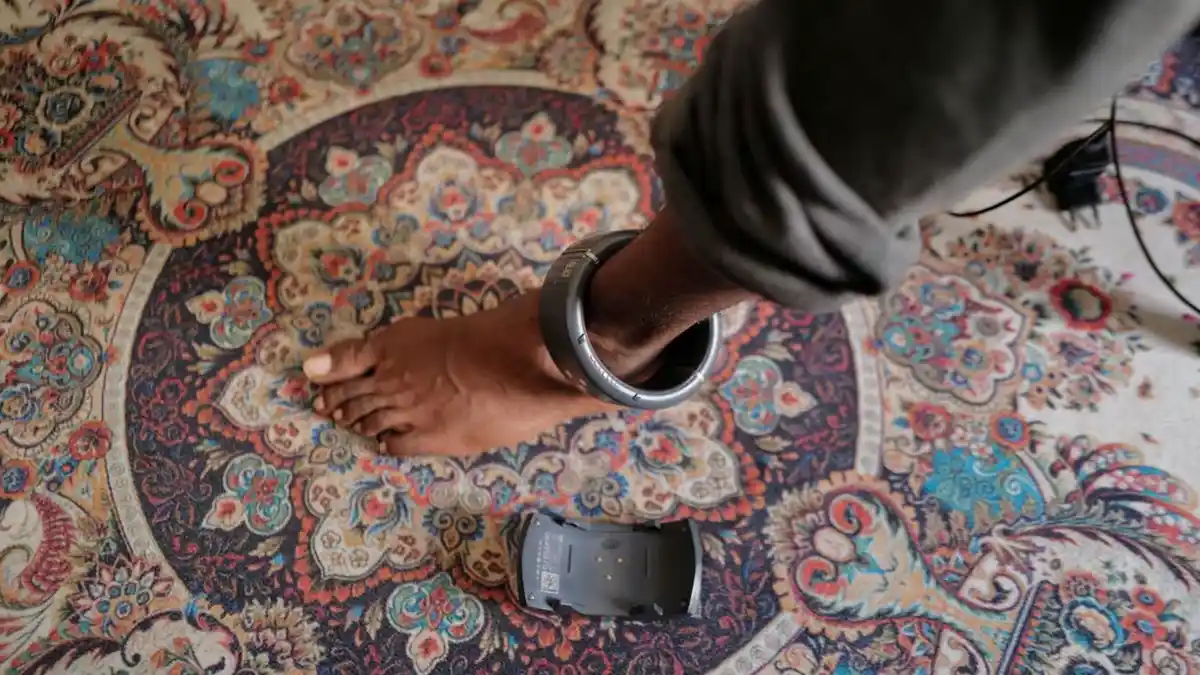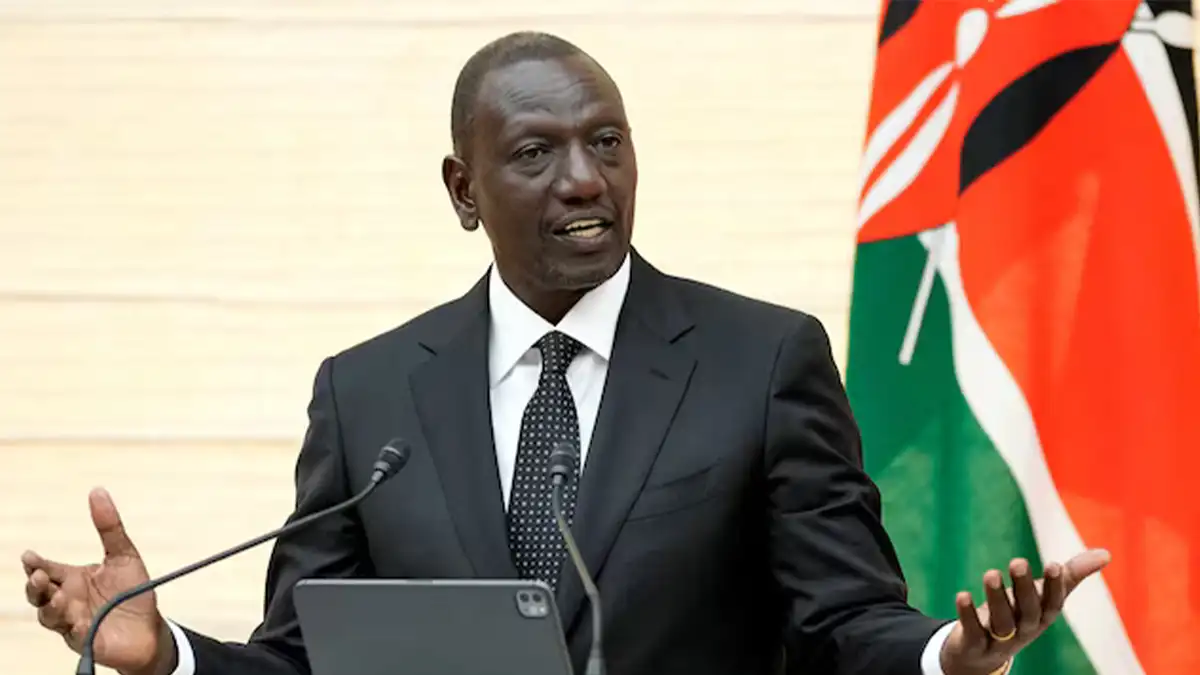Nigeria's annual inflation has surged for the 11th consecutive month, reaching the highest level in 18 years, according to data from the National Bureau of Statistics released on Friday.
The consumer inflation rate climbed to 28.20% in November, up from 27.33% in October, marking the highest level since August 2005.
The persistent rise in inflation is exerting significant pressure on the Central Bank of Nigeria to address the growing cost-of-living crisis in the country.
The World Bank, in a warning on December 13, urged Nigeria to control inflation and advised the central bank to implement measures such as tightening monetary policy, establishing market confidence in free foreign exchange pricing, and phasing out “ways and means” advances to the government.
Food and non-alcoholic beverages were identified as the primary drivers of the spike in annual inflation in November, with food inflation rising to 32.84%, up from 31.52% the previous month.
Newly appointed Central Bank Governor Olayemi Cardoso has committed to gradually eliminating the bank's fiscal intervention programs to address inflation. Cardoso outlined plans to tighten monetary policy over the next two quarters, restarting Open Market Operations (OMO) to control money supply.
Despite President Bola Tinubu's ambitious reforms, Nigeria grapples with challenges such as foreign exchange shortages, low oil revenue, and theft of crude oil, its main export and foreign exchange earner.
Analysts attribute the surge in inflation to factors including naira depreciation, higher fuel and food prices, logistics costs, and money supply growth.
Inflation in Nigeria has been in double digits since 2016, eroding incomes and savings.
The central bank, which raised interest rates to their highest level in nearly two decades at its last meeting, faces the complex task of managing inflation expectations while supporting investment.
The July monetary policy meeting saw a smaller-than-expected 25 basis point hike, reflecting the bank's preference for a moderate increase.

